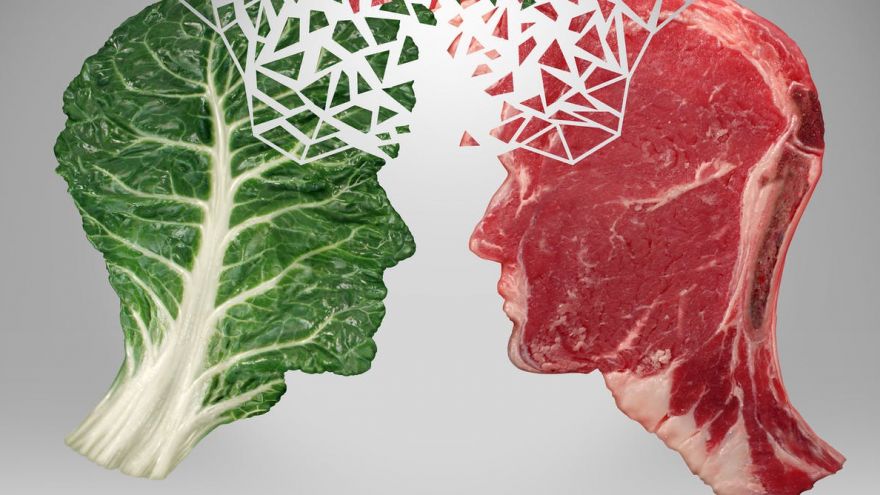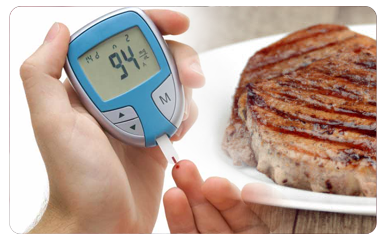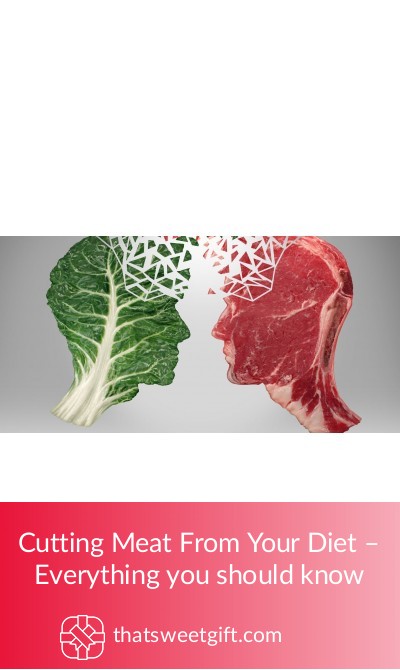Cutting Meat From Your Diet – Everything you should know

Are you considering cutting meat from your diet? Many people are deciding to go the vegetarian or vegan route these days. While eating meat used to be considered the norm, it is now very common to have a completely vegetarian or vegan diet. Thanks to technology, access to things like recipes and cooking methods have made it possible to easily switch to a meatless diet.
However, there is actually a lot more involved to cutting meat from your diet than just switching up your steak for a salad. In fact, there are several things that will happen to your body you may not be aware of, as well as several considerations you need to keep in mind once you switch up your diet. Your body has a long list of needs, and cutting meat out has caused plenty of people to cut out numerous necessary nutrients by mistake.
If you have recently cut meat out of your diet, or if you are still in the consideration phase, here’s the top five things you need to know that will help you either successfully cut meat out of your diet, or will help you make the decision if you want to or not.
You’ll Have Reduced Bodily Inflammation
Many people choose to cut meat out of their diet in order to be healthier and lose weight. While weight loss is certainly possible by cutting meat out, there are other changes that will happen to your body when you remove meat. One of the most significant changes is that the overall amount of inflammation in your body will decrease. This is a good thing. Inflammation is one of the top causes of all sorts of pains and illnesses and long term can really be detrimental to your overall health. Eating meat (as well as other foods like overly processed foods and cheese) causes a lot of bodily inflammation, and therefore removing the meat will remove the inflammation.
You Have to Be Worried About More Than Just Protein
If you’ve ever spoken to someone about removing meat from your diet, it is almost guaranteed that they warned you about getting plenty of protein. While this is a valid point, there are other nutrients that you have to be mindful of as well. Meat is certainly high in protein, but it also has other valuable nutrients like calcium, vitamin D, and vitamin B12. If you aren’t careful, you may end up not getting enough of these nutrients once you fully remove meat from your diet.

Thankfully, there are plenty of healthy, delicious, non-meat foods that will provide you with all of the nutrients you need. Make sure you take some time to plan out your meals and do your research to make sure your new diet is well-balanced and giving you everything you need. If you are constantly feeling tired or hungry, there’s a good chance you aren’t providing your body what it needs.
Get Plenty of Iron
Iron is another incredibly important nutrient you need to be aware of, but it deserves to be in a category of its own. Why is that? It all has to do with absorption. The iron you get from eating meat is pretty easily absorbed by the body, but that isn’t the case with the iron you get from vegetables or grains. This is important to note when planning out your meals. If you eat foods that give you the same amount of iron that you got from meat, you’d actually be getting a lot less, because it doesn’t absorb as well. You actually need to increase the amount of iron in your diet in order to match the amount you were previously getting from eating meat.
How You Cook Your Vegetables Makes a Difference
And no, we aren’t talking about flavor! Vegetables are filled with all sorts of wonderful nutrients, but depending on how you cook them, you may be losing out on a lot of their nutritional value. In particular, boiling your vegetables is a sure way to lose a lot of nutritional value. As you boil the vegetables, a lot of the nutrients are pulled out into the water. Therefore, boiling, or even microwaving your vegetables in water is not your best option when cutting meat from your diet. Ensuring you get the max amount of nutrients possible is incredibly important when you can no longer rely on meat.

Instead, consider steaming your vegetables, roasting them in the oven, or grilling them. Not only will you be getting more nutrients, it’s delicious!
You’ll Have a Much Lower Chance of Developing Type 2 Diabetes
Finally, some more good news! Removing meat from your diet actually significantly reduces your risk of developing type 2 diabetes. This is largely because of the protein that is found in certain types of animal meat, more specifically red meat, which has been linked to increasing your risk for type 2 diabetes. Removing all meat from your diet removes that particular risk. Certainly you can still develop diabetes, but you are making a big step to reduce your chances.

If your family is prone to diabetes or you have been diagnosed as prediabetic, removing meat from your diet may be an excellent step for you to take in order to reduce the chance that you move from being prediabetic to having type 2 diabetes. Of course, always speak with your doctor before making any significant changes to your diet, but keep this in mind and mention it to your doctor. Based on your specific situation and other health issues they may or may not recommend removing meat from your diet.
Removing meat from your diet actually causes a lot of changes to the body and provides you with a lot of things you need to be aware of. It can be a great diet and lifestyle change for many people, but before getting started, you need to have all the facts! Hopefully now you are better prepared to make a decision about whether or not the vegetarian life is the life for you!
Pin for later

